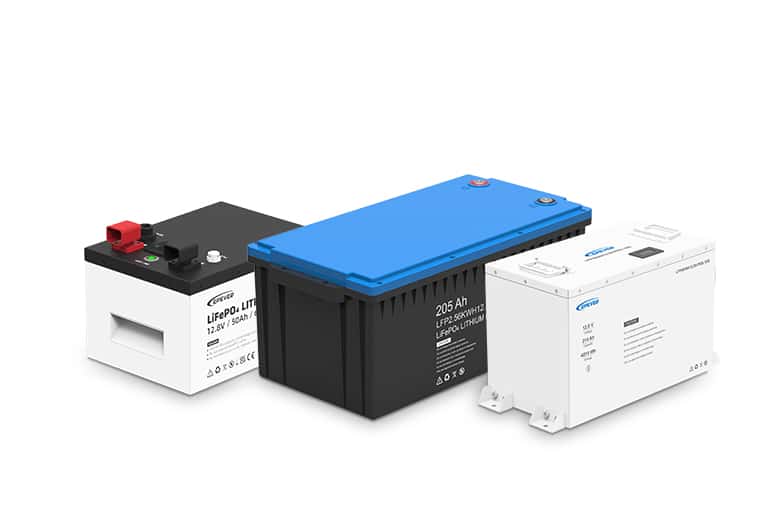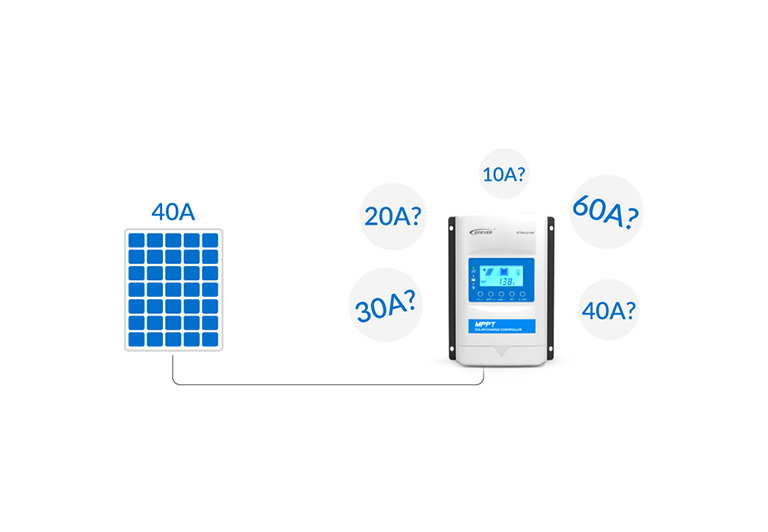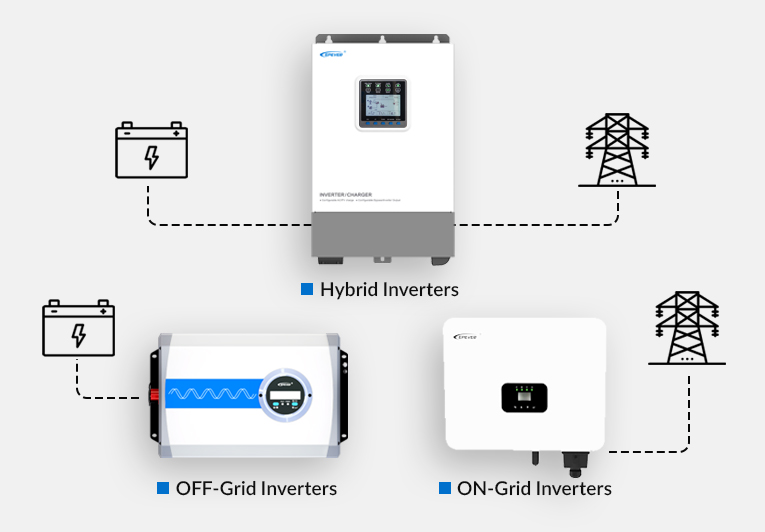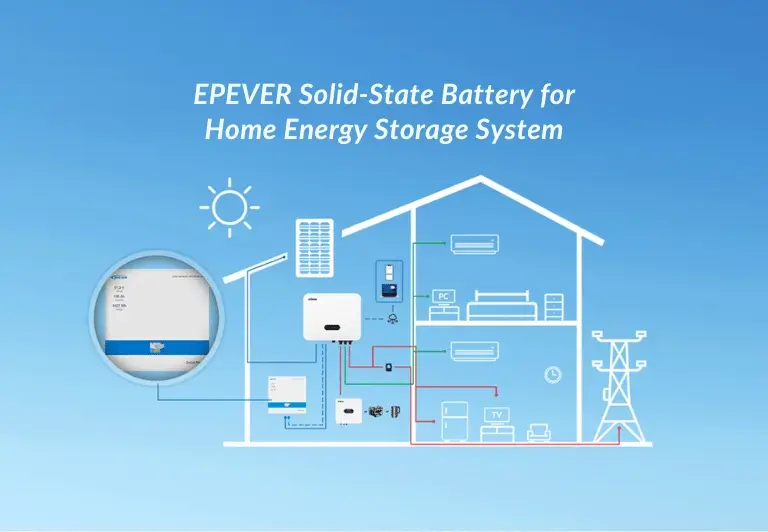How to Choose Lithium Battery? More Than Just the Cells
- 27 March 2025
- 255 views
- No Comments
How to Choose Lithium Battery? More Than Just the Cells
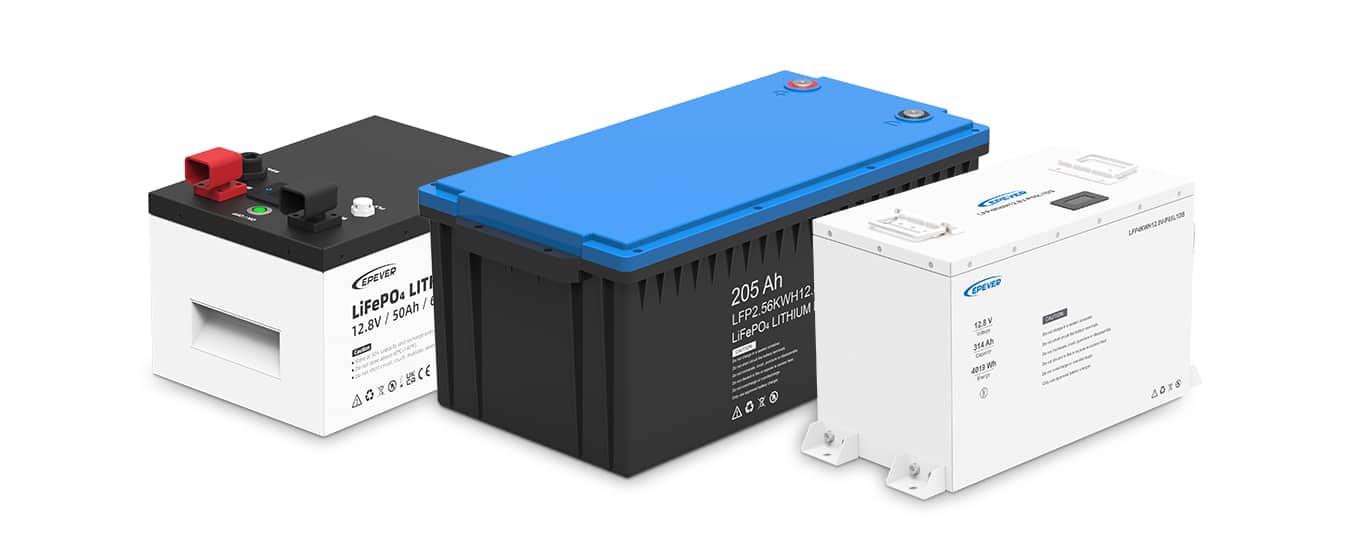
How do you choose and estimate a lithium battery pack?
When choosing a lithium battery, many customers focus only on the brand of battery cells—such as CATL, BYD, or EVE. However, the quality of a battery pack is determined by much more than just the cells.
A high-performance and safe lithium battery pack relies on battery management, thermal regulation, structural design, and safety certifications. Failing to consider these aspects can lead to shorter lifespan, reduced efficiency, and safety risks such as overheating and even battery fires.
In this guide, we will break down the key factors that determine lithium battery pack quality, helping you make an informed decision.

1. Battery Cells: The Foundation but Not Everything
It is true that high-quality battery cells provide better energy density, longer cycle life, and improved consistency. However, even the best cells can fail if not properly integrated into a battery pack.

Common Misconceptions About Battery Cells
- “Top-tier cell brands guarantee high battery pack performance”
Reality: Without proper balancing, protection, and heat management, even premium cells can degrade quickly.
- “All lithium-ion batteries have similar lifespans.”
Reality: Factors like BMS, charge cycles, and operating temperatures significantly impact longevity.
Key Takeaway:
While battery cells lay the foundation, the true quality depends on how effectively they are integrated into the full system.
2. The Battery Management System (BMS): The Brain of the Battery Pack
A Battery Management System (BMS) is responsible for monitoring and protecting the battery pack, ensuring safe and efficient operation.
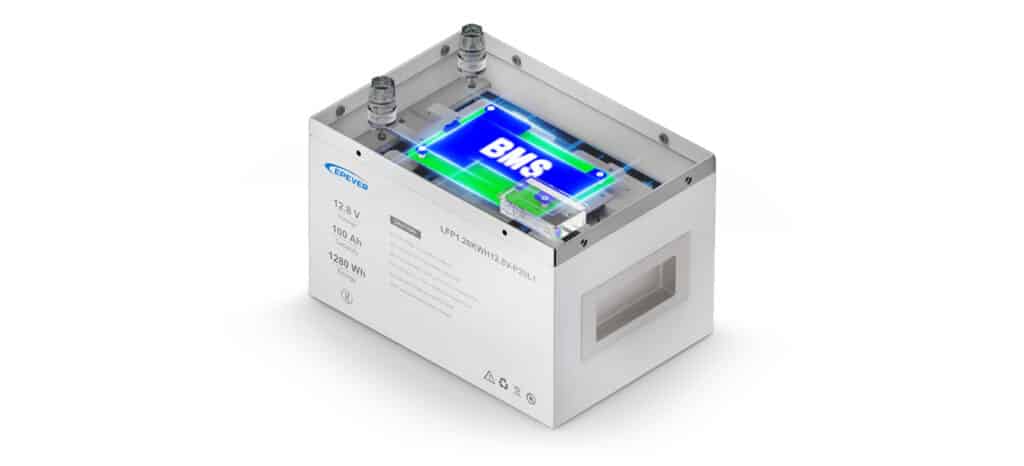
What Does a BMS Do?
- Voltage Balancing: Ensures even charge/discharge across all cells to prevent premature aging.
- Overcharge & Over-discharge Protection: Prevents battery damage and extends lifespan.
- Temperature Monitoring: Prevents overheating and potential battery fires.
- Communication Interface: Some advanced BMS units provide real-time battery status tracking via Bluetooth or cloud-based monitoring.
A high-quality BMS is critical for battery performance and longevity. Choosing a lithium battery pack without an advanced BMS can lead to rapid degradation, safety hazards, and reduced cycle life.

3. Thermal Management: Keeping the Battery Cool & Safe
One of the most overlooked aspects of lithium battery quality is heat management. Excessive heat reduces efficiency, accelerates cell aging, and increases safety risks.
Common Thermal Management Solutions:
- Air Cooling: Typically used for small to medium-sized battery packs such as solar storage or portable power stations.
- Liquid Cooling: Used in high-power applications like EVs and industrial energy storage.
- Phase Change Materials (PCM): Advanced cooling method to regulate temperature in high-performance batteries.
Why It Matters:
Better heat dissipation = Longer battery lifespan.
Prevents thermal runaway, reducing fire risks.
Ensures consistent performance in extreme conditions.
Key Takeaway:
If you’re choosing a lithium battery for long-term use, always check the thermal management design. Poor cooling can lead to reduced efficiency and serious safety hazards.
4. Structural Design & Assembly: Built for Reliability
A well-designed battery pack protects against physical damage, vibration, and moisture exposure.
What to Look for in a High-Quality Battery Pack?
- High-strength casing: Aluminum or reinforced plastic for impact protection.
- IP67/IP68 Waterproof Rating: Essential for marine or outdoor applications.
- Shock & Vibration Resistance: Critical for long-term durability, particularly in automotive and industrial applications.
- Advanced Welding Techniques: Laser welding ensures strong electrical connections and minimal resistance.
A robust battery pack structure increases reliability, reduces maintenance, and enhances safety in real-world conditions.
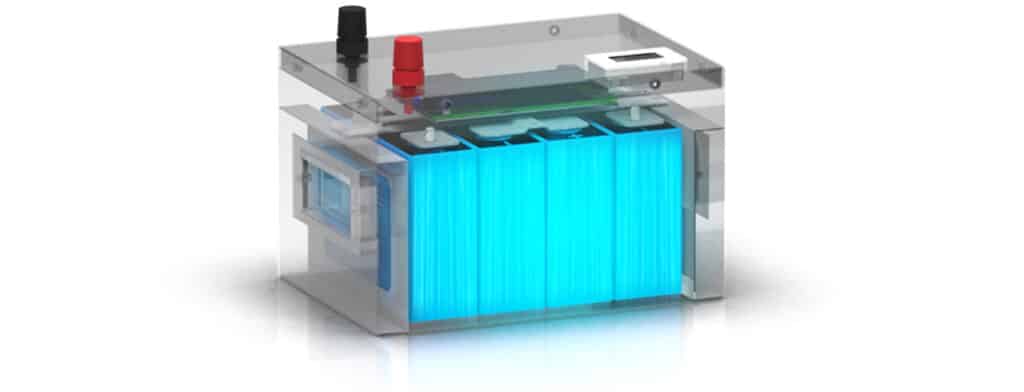
5. Safety Testing & Certifications: Ensuring Compliance
A reliable lithium battery pack must pass industry safety certifications to guarantee compliance with global standards.
Key Certifications to Look For:
- UN38.3: Required for lithium battery transport safety.
- UL 1973: U.S. safety standard for lithium batteries.
- IEC 62619: Industrial battery safety standard.
- GB 38031: Chinese safety standard for EV batteries.

Safety Tests a Good Battery Pack Should Pass:
- Overcharge & Over-discharge Test
- Short Circuit Test
- Drop & Impact Test
- High & Low-Temperature Test
- Fire & Explosion Test
Certified battery packs meet global safety standards and are more reliable for long-term use. Therefore, always check for valid safety certifications before making a purchase.
6. Battery Pack Consistency & Cycle Life
Even with high-quality cells, poor pack consistency can cause imbalanced performance.
How to Ensure a Consistent Battery Pack?
- Precise Cell Matching: Ensures all cells have nearly identical voltage, internal resistance, and capacity.
- Advanced BMS Calibration: Fine-tunes charge and discharge cycles to prevent premature wear.
- Rigorous Quality Control: Testing each pack under real-world conditions to verify consistency.
A properly designed battery pack can exceed 5,000 charge cycles, whereas poor integration may result in failure within just 500 to 1,000 cycles.
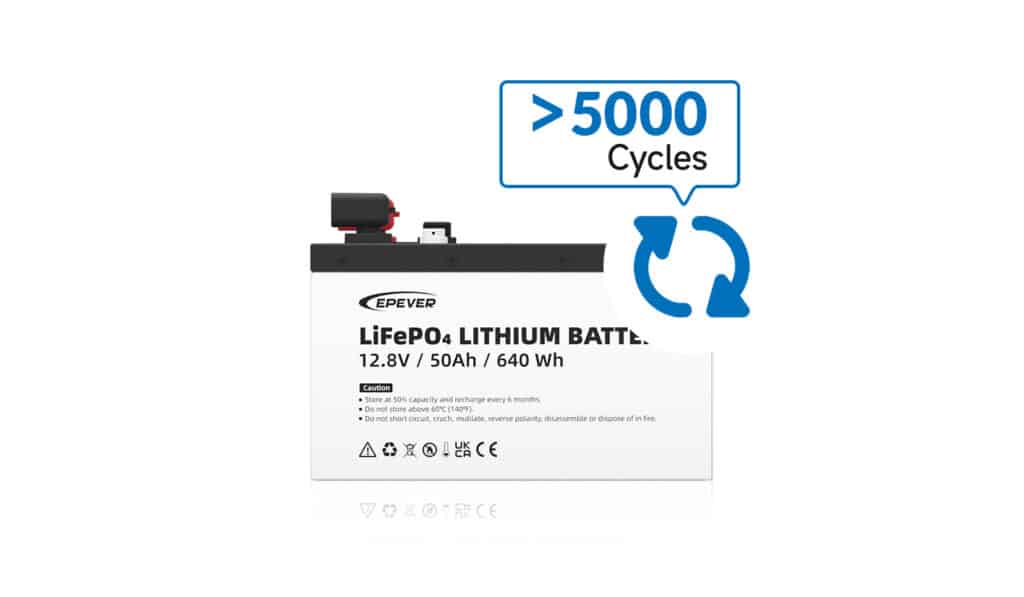
What Defines a High-Quality Lithium Battery Pack?
To choose a truly reliable lithium battery pack, consider the entire system, not just the cells.
Checklist for Evaluating a Lithium Battery Pack:
- High-quality battery cells (but not the only factor!)
- Advanced Battery Management System (BMS)
- Proper thermal management (Air, Liquid, or PCM Cooling)
- Strong structural design (Impact-resistant, waterproof, and shockproof)
- Certified for global safety standards (UN38.3, UL, IEC, GB 38031)
- Consistent performance with high cycle life
By evaluating these factors, you can select a high-performance, long-lasting, and safe lithium battery pack that meets your specific energy, voltage, and runtime requirements. Understanding these key considerations ensures a smarter investment in battery technology.
How to Choose the Right Battery Based on Application Needs
Once you’ve understood the key factors that affect battery quality—such as BMS, thermal design, and safety standards the next step is to match the battery to your actual usage needs.
Different applications have varying requirements for capacity, energy density, voltage, and configuration. Even a high-quality battery pack may underperform, have a shortened lifespan, or pose safety risks if not properly matched to its intended use.
Next, we will focus on how to choose the right capacity, energy density, voltage, and battery configuration to ensure that you select the most suitable battery solution for your application.
1. Capacity and Energy Density: Finding the Right Balance
Battery capacity refers to the total amount of charge a battery can store, typically measured in ampere-hours (Ah) or milliampere-hours (mAh). The choice of capacity depends on the energy demands and runtime expectations of the application.
For instance, if the goal is to maximize operational time without concern for size, high-capacity cells are a suitable choice. On the other hand, when space and weight constraints are critical factors, opting for cells with higher energy density can help store more energy in a compact form.
Energy density, which measures how much energy is stored per unit volume or weight, plays a crucial role in applications where size and weight are major considerations. While higher energy density cells allow for more energy storage in a smaller and lighter package, they often come at a higher cost and may require better thermal management to prevent overheating.
Ultimately, battery selection should strike the right balance between capacity, energy density, and application-specific demands.
2.Battery Voltage and Configuration: Matching Your Project’s Needs
Lithium battery cells come in different voltages, typically 3.2V, 3.6V, or 3.7V, depending on the lithium chemistry.
To choose the right voltage, you need to consider:
- Your system’s voltage requirements
- How cells are configured in series or parallel
- Battery Pack Configurations
- Series Configuration (S): Increases total voltage by connecting cells in series.
- Parallel Configuration (P): Increases total capacity (Ah) by connecting cells in parallel.
For instance, in a 12V system, four 3.7V cells in series (4S) can achieve the desired voltage.
If you need more amp-hours (Ah), you can connect multiple cells in parallel (P).
Understanding configuration options before building a battery pack ensures better performance and longevity.

EPEVER Lithium Battery Types: Designed for Diverse Applications
At EPEVER, we don’t just offer lithium batteries—we engineer energy storage solutions that embody the key qualities of a high-performance battery pack: advanced BMS, efficient thermal management, robust structural design, and certified safety. To meet diverse application needs, we offer six major types of lithium battery packs, each designed with these core principles in mind:
- ABS-case Battery: Compact, lightweight, and ideal for portable applications or indoor installations where space and aesthetics matter.
- Metal-case Battery: Enhanced durability and heat dissipation, suitable for environments with higher temperature fluctuations or physical impact risks.
- EU-certified Battery: Compliant with European safety and environmental standards, ideal for customers requiring CE or RoHS certifications for regional compliance.
- Solid-State Battery: Cutting-edge safety and energy density, with enhanced thermal stability and longer cycle life—designed for high-demand and future-oriented applications.
- Wall-mounted Battery: Space-saving design for residential or commercial energy storage, easy to install and integrate with solar inverters.
- Rack-mounted Battery: Modular design optimized for large-scale or industrial energy systems, allowing flexible expansion and centralized management.
By offering these diverse options, EPEVER ensures that users can choose the most appropriate battery type based on application needs, installation space, and certification requirements. This flexibility also enhances system integration across scenarios like home energy storage, off-grid power, and commercial solar solutions.
Visit us at Battery to explore our full range of certified, high-performance batteries designed to meet your energy needs with safety and reliability.
Conclusion
While battery cell quality is important, it’s far from the only factor when choosing a high-performance lithium battery pack. A truly reliable battery pack depends not only on the quality of the cells but also on key factors such as the BMS, thermal regulation, structural design, and safety certifications. Only by considering all these aspects can you ensure safety, performance stability, and long battery life, leading to a more informed decision.
If these factors are overlooked, even top-tier battery cells may degrade rapidly or fail prematurely.
Besides overall quality, proper selection of capacity, energy density, and configuration is equally crucial. A well-selected and properly integrated battery not only enhances efficiency and longevity but also ensures safety, making it a smarter long-term investment.
By looking beyond just the battery cells and gaining a comprehensive understanding of all key performance factors, you can make a more strategic and well-informed energy choice.

